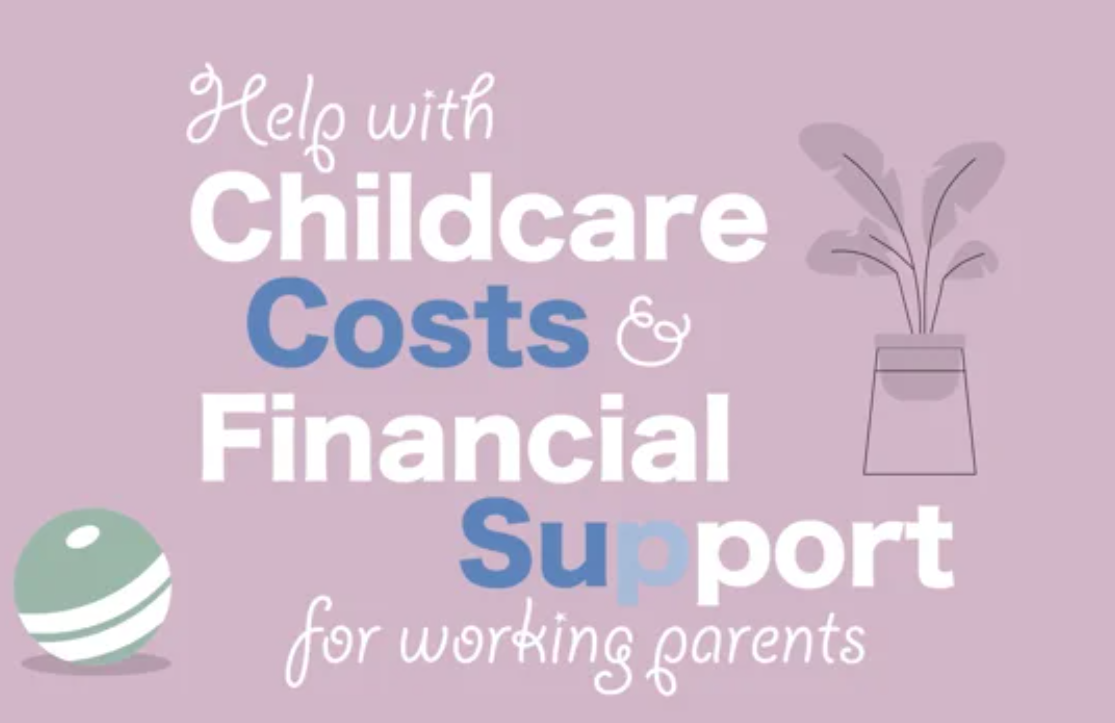Nurturing Children's Growth Post-COVID (Parents partnership)
/As we are recovering from the shadows of COVID-19 lockdowns, the impact on our children's development continues to linger.
At Mandarin Ducklings Nurseries, we recognize the importance of providing support tailored to the unique needs of children navigating through these challenging times. Through our commitment to fostering holistic development, we have implemented initiatives aimed at nurturing children's persona, social, and emotional well-being in the post-COVID phase.
Embracing Nature: One of the cornerstones of our approach at Mandarin Ducklings Nurseries is reconnecting children with the natural world. We believe that spending time in nature is vital for fostering a sense of wonder and curiosity in children, which are essential elements of persona development. Through outdoor activities such as nature walks, gardening, and exploring natural habitats, children have the opportunity to engage their senses, stimulate their creativity, and develop a deep appreciation for the environment around them.
Facilitating Peer Interactions: Socialization is a fundamental aspect of childhood development, and the isolation experienced during COVID-19 lockdowns has underscored its importance. At Mandarin Ducklings Nurseries, we place a strong emphasis on facilitating peer interactions in a supportive and inclusive environment. Through structured group activities, collaborative projects, and free play opportunities, children learn valuable social skills such as communication, cooperation, and empathy, laying the foundation for healthy relationships and positive social development.
Promoting Emotional Literacy: The emotional toll of the pandemic has been significant for children, and nurturing emotional literacy is essential for their overall well-being. At Mandarin Ducklings Nurseries, we incorporate activities and resources that help children identify, understand, and express their emotions effectively. Through storytelling, role-playing, and mindfulness exercises, children learn to recognize and regulate their emotions, build resilience, and develop coping strategies for navigating life's challenges.
Establishing Wider Community Contact: Community engagement plays a vital role in supporting children's development beyond the nursery environment. At Mandarin Ducklings Nurseries, we actively collaborate with community partners to broaden children's exposure to diverse experiences and perspectives. Through partnerships with local sports club, community organizations, our local Park Rangers, children have the opportunity to participate in enriching activities, interact with different community members, and develop a sense of belonging and connection to the world around them.
At home, parents can also support children's development post-COVID. Encouraging outdoor exploration in local parks or green spaces, organizing playdates with peers, and engaging in open conversations about emotions and feelings are simple yet effective ways for parents to nurture their children's growth. Additionally, incorporating activities such as storytelling, art projects, and family outings to community events can further enrich children's learning experiences and strengthen family bonds.
By creating a supportive and stimulating environments at Nursery and home, we can empower the children to navigate the challenges of the post-pandemic world with confidence and resilience.








